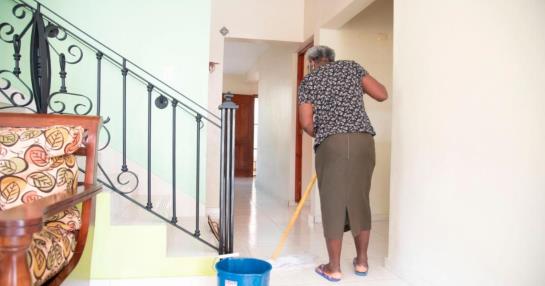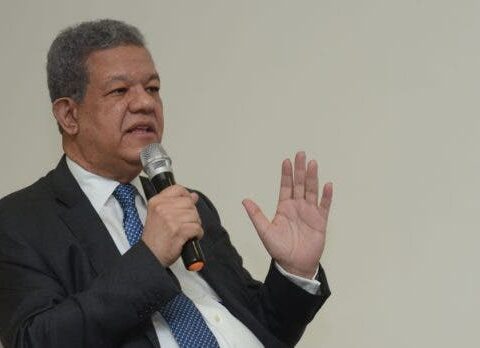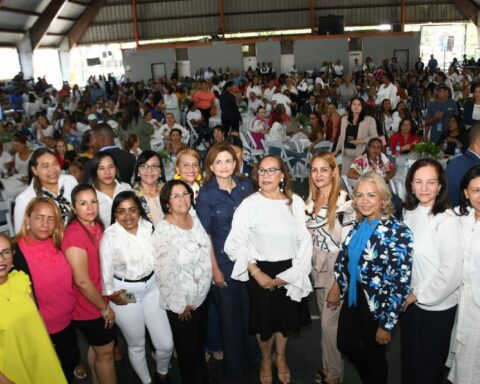domestic employment in the Dominican Republic It is an undervalued service. This is how the Working Women’s Movement (MMT), which demands medical insurance for this sector and the signing of an employment contract that guarantees the men and women who carry out this job.
At National Congress A bill was re-submitted this month which, if approved, would domestic workers they would have the same conditions as other wage earners.
“It is very difficult, because these workers do not have medical insurance, they do not have unemployment, they do not have a pension, they do not have occupational hazards, they have nothing. And what Convention 189 (of the International Labor Organization) says, which Congress ratified in 2011, is that a law should be created to make it possible for domestic workers have the same treatment as the other workers,” he says. Luz Eneida MejiaMMT spokesperson.
He says that the pandemic represented a great challenge for the sector.
“Most lost their jobs because, due to the issue of confinement, families went home and redistributed chores, but domestic women went home to go hungry with their families”Spokesperson for the Working Women’s Movement (MMT)
For the third quarter of 2021, in the Dominican Republic there were 264,778 jobs in domestic service, according to labor data compiled by the Central Bank. Of that total, only 5.8% was registered as a formal job with social security benefits. 93% of jobs in the sector were held by women.
According to Mejía, the average salary in this sector is between RD$8,000 and RD$20,000.
“The man must go to the company clean, having breakfast, well fed, without worries and happy. And who generates all that happiness? It is the domestic work that generates it. So, for the man to perform in the company, for the man to give benefits to the employer, there has to be someone who guarantees him to arrive at the company in those conditions. So, you have to pay them,” said Mejía.
The recent project, deposited in the National Congress by Deputy Ivannia Rivera, seeks to regularize contracts and guarantee an economic future for domestic workers, since it stipulates that employers (mostly households) register them with Social Security and at the end of their work they have a pension. In addition, that at the time of their dismissal, their benefits are delivered to them.
“The law has a value above money, and that is a population that is erased from the economic scene,” says Mejía. “The law could place it within that economic scenario. It has that importance. And from the point of view of a woman as a domestic worker, the law creates a value for her as human beings; she would be recognized within her own family because that is a job just like others”, she emphasized.
In 2019, another bill was submitted, authored by deputy Gloria Reyes, which sought to formalize the relationship between a domestic employee and his employer with a contract, the format of which would be offered by the Ministry of Labor. It stipulated that they have 14 days of paid vacation and 18 days if the contract was for five years or more.
Also, he proposed that a minimum wage be established for the sector and that employers enroll their domestic employees in social security.
Eulogy Family, in charge of gender policy at the National Confederation of Trade Union Unity (CNUS), understands that the Dominican authorities must comply with Convention 189. “Europe, Asia and the whole world supported this convention, because there were regions where the situation of domestic work It was very unfortunate, it seemed like slavery. Here we have that great challenge now, that there are plans to modify the Labor Code and Social Security, ”she says.
Considers that a good sign is that the government and employers have on their agenda to discuss the inclusion of the rights of workers domestic in the Labor Code. “The same government has presented, through the Ministry of Labor, a proposal that the agreements with the ILO that have been ratified in the country must be updated,” he indicates.








